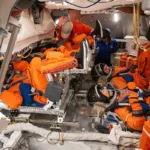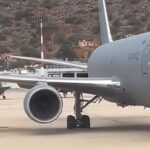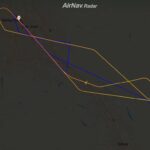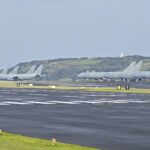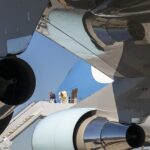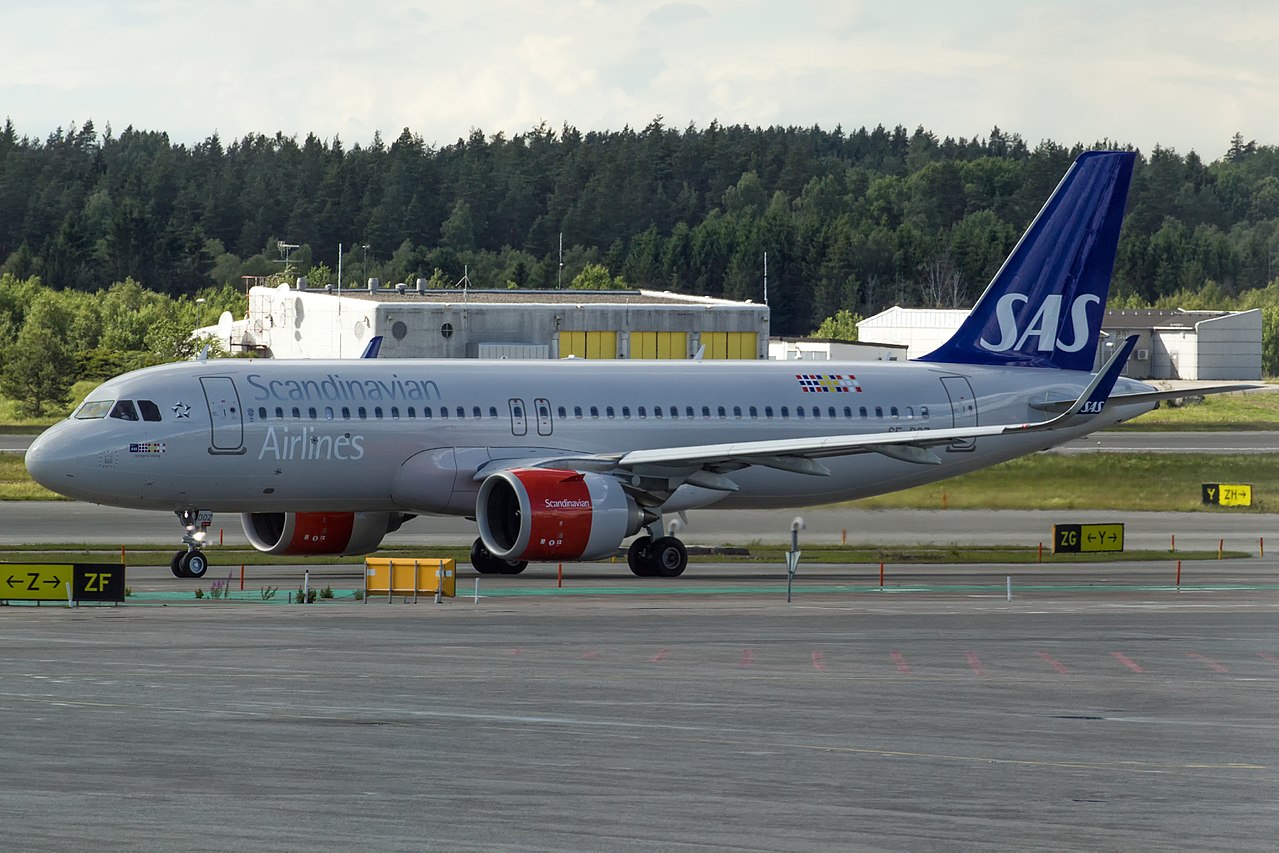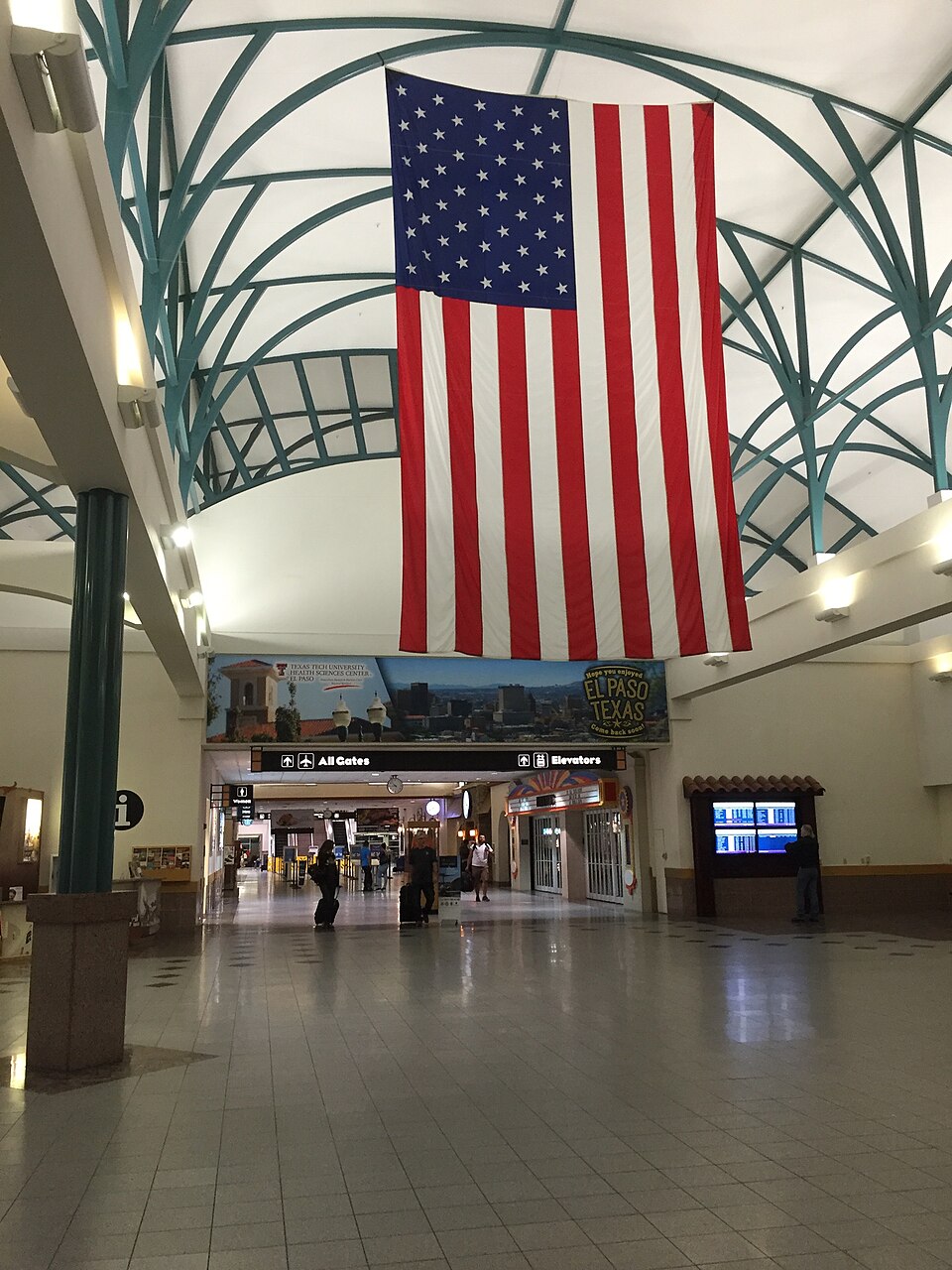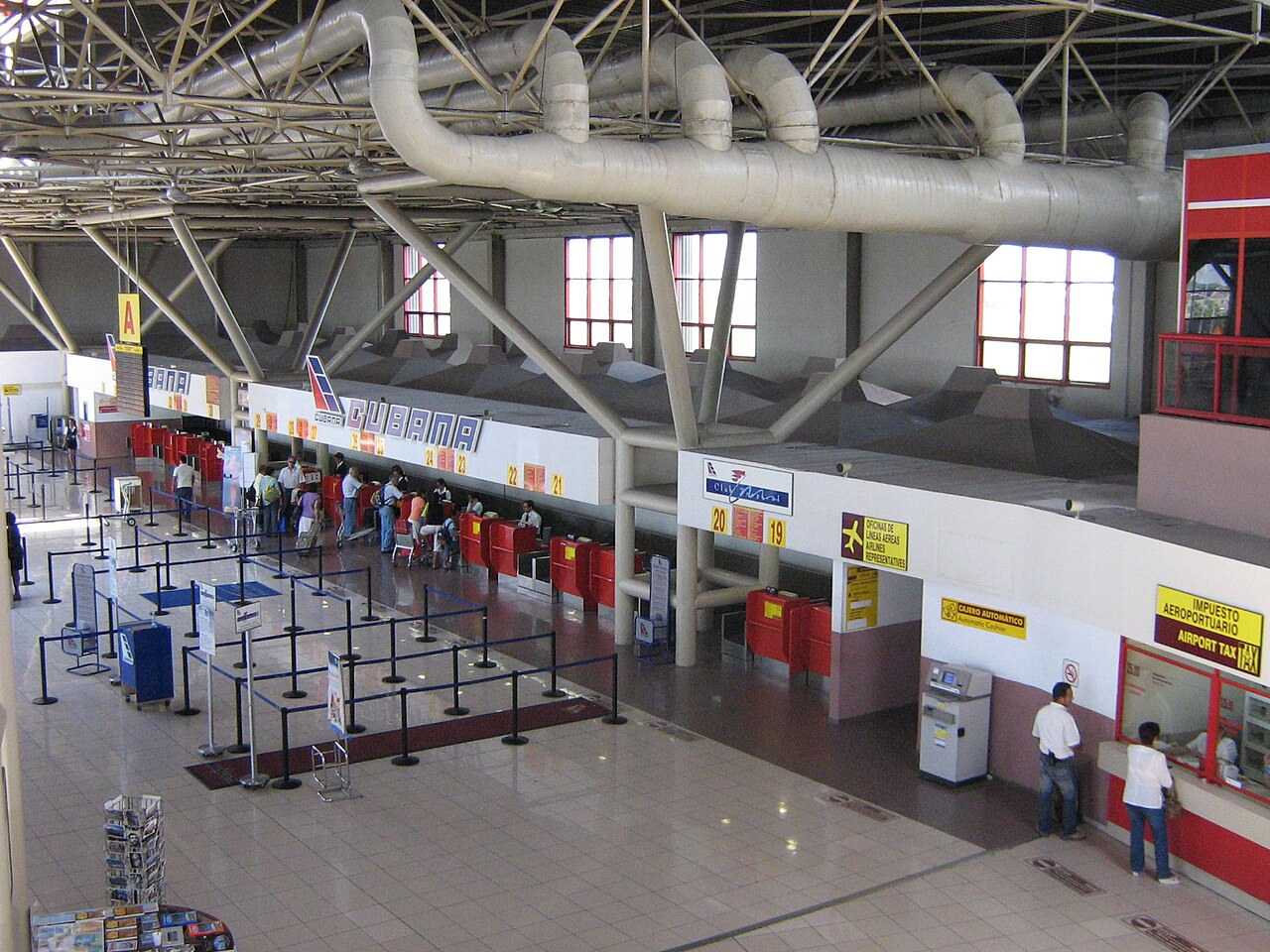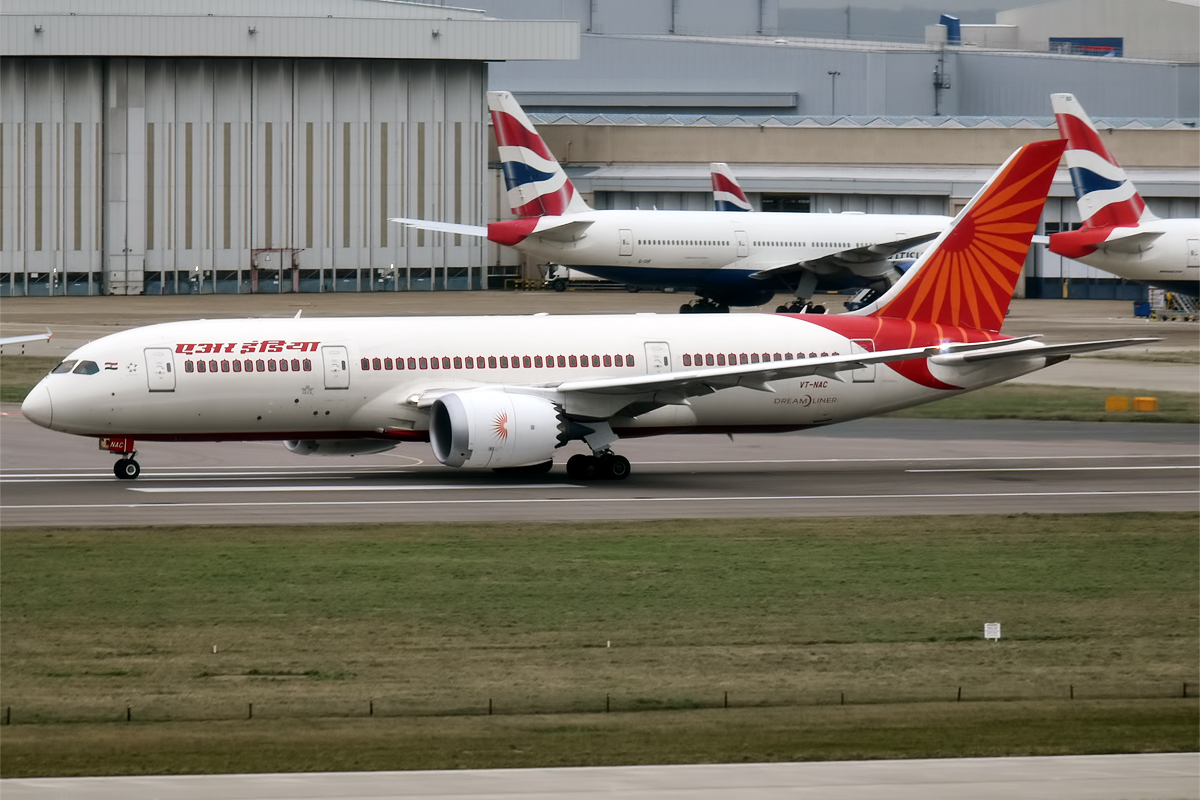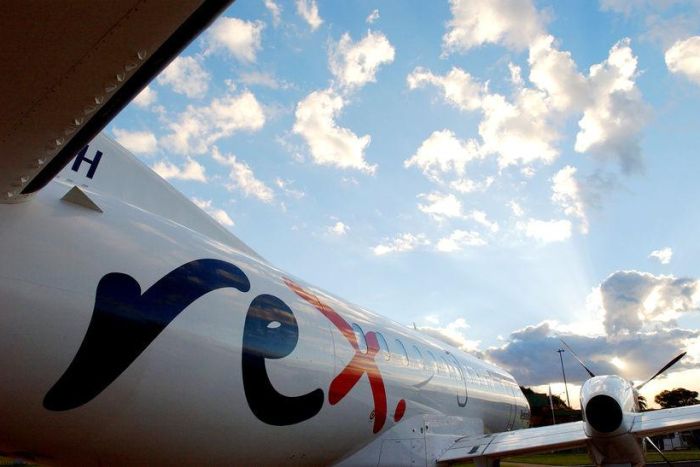
The Chief Operating Officer of Australia’s third largest airline, Regional Express (Rex), has published an open letter blaming Qantas and Virgin Australia for poaching it’s pilots, leading to a regional airline pilot shortage.
Rex, which also owns regional airlines Pel-Air and AirLink, opened the Australian Airline Pilot Academy 10 years ago to increase it’s pilot numbers. Neville Howell said in his letter, “Whilst Rex’s initiative is successful in responding to natural attrition rates, it is not enough to stave off Qantas and Virgin Australia’s rapacious plundering of Rex’s pilot pool instead of using their not inconsiderable resources to train their own pilots. In the past two years, these two airlines collectively have poached 17 per cent and 56 per cent of Rex’s first officer and captain establishment respectively.”
Due to the “plundering” Mr Howell said that Rex was unable to roster their usual contingent of standby pilots, “consequently, any last-minute sick leave may result in flights being cancelled or combined with other routes.”
Rex’s cancellation rate is approximately 1.29% while QantasLink’s is 2.39% and Virgin Australia Regional Airlines is 2.74%.
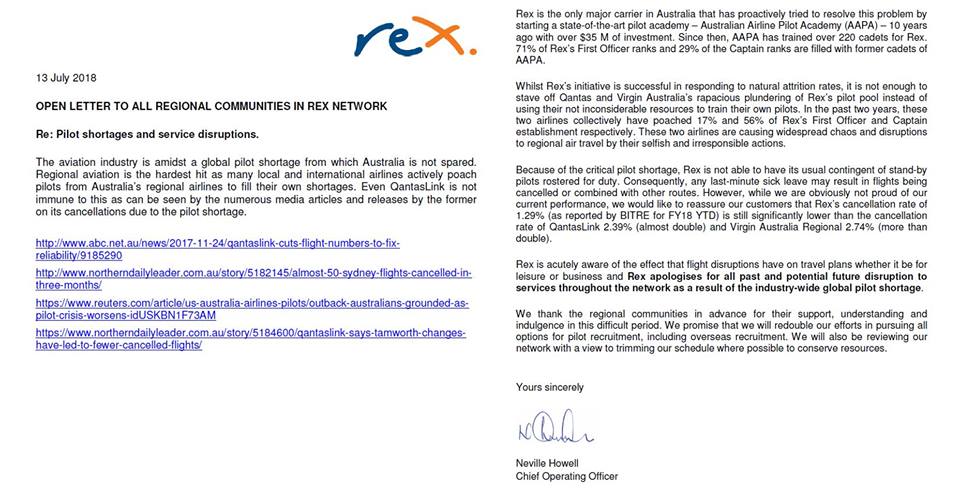
Pilot shortages are becoming a worldwide problem. Boeing estimates that a further 640,000 pilots will be required worldwide in the next 20 years, with 40% of those needed in the Asia Pacific region.
The shortage is starting to bite within other Australian airlines too. Qantas recently announced it will bring in some 747s to fly the domestic Sydney-Perth route due to a shortage of 737 pilots. It will also be replacing 737s with A330s on some Perth-Singapore services. Sources have told the Sydney Morning Herald (SMH) that many of Qantas’ 600 or so 737 pilots have reached their maximum allowable allowance of 1000 hours over a rolling 12 month period. The airline trys to keep pilots below 950 hours to allow some flexibility.
Airline passengers face a ‘perfect storm’ as global pilot shortage starts to bite https://t.co/WMUy7chi0l pic.twitter.com/syz9wraDWl
— ABC News (@abcnews) July 21, 2018
ABC News also reports that the Carnavon races in regional Western Australia were cancelled this weekend because staff and jockeys couldn’t get a pilot to charter them to the event. ChartAir in the Northern Territory has also had to permanently ground one of it’s planes due to a lack of pilots. This has led the company to turn away $A1 million (£564,760, €632,110, $US742,200) worth of business.
David Currey, head of the Aero Club of WA training academy told ABC the shortage has also lead to flight instructor shortages. “You must appreciate with pilot shortage it starts from the big boys — the Qantas, Virgins — they start recruiting from the regionals, such as Skippers Alliance Network, and they then come and they recruit from the flying schools. So there’s a shortage of pilots, now there’s a rapidly growing shortage of instructors.”
Ten years ago about 1700 pilots licences were issued in Australia every year. Last year 1200 were issued. Training hours in general aviation also fell 43% between 2008 and 2015 according to Australian government data.
Australian airlines are also facing competition from Chinese airlines according SMH. SMH reports that pilots from Australian mainline airlines (Qantas/Jetstar, Virgin Australia/Tigerair) can double their wages by working for Chinese airlines – up to $A400,000 (£225,904, €253,084, $US296,880) tax free.
Some also blame the cost of training. Training privately for a commercial pilots licence in Australia can cost $A100,000 (£56,476, €63,211, $US74,220), with the starting salaries of graduates in general aviation at about $A50,000 (£28,238, €31,606, $US37,110).
Australian entrepreneur and former head of Australia’s Civil Aviation Safety Authority (CASA) also blames ridiculous and expensive regualtion imposed by CASA.
The Royal Flying Doctor Service (RFDS) has also told SMH that they are taking about 4 months to fill their pilot vaccancies.
In response to shortages Qantas has asked the Australian government for a labour agreement to bring in up to 295 foreign pilots and simulator instructors on 4 year visas for its regional arm, QantasLink. Those coming in on the visas would then be granted permanent residency at the end of the visa. Qantas is also spending $A20 million (£11,295,100, €12,654,213, $US14,844,000) to create the southern hemisphere’s largest pilot academy, set to open next year. The aim is to train 100 pilots per year with it growing to a potential 500 per year. Qantas CEO Alan Joyce has says 12,500 people have registered an interest in the academy – 15% of that number being women.
With women only making up 3% of the global pilot workforce, ABC reports Qantas wants to make a priority of addressing the gender imbalance with it’s academy. Qantas second officer, Arika Maloney from Adelaide, has been with the airline for 8 years. Ms Maloney told ABC, “It’s still male-dominated simply because, I guess, it’s a stereotype that’s not quite been broken as yet. There’s certainly no reason why a female can’t become a pilot. I think there has been a definite shift and we’re definitely seeing some more women within the Qantas Group and more females looking at aviation as a potential career.”
Simon Lutton, the president of The Australian Federation of Air Pilots (AFAP), told SMH Qantas pilot shortage is more of a “short term blockage” of Qantas own making after an 8 year hiring freeze. The freeze happened even though the airline was still ordering new aircraft. Mr Lutton also said that “a labour agreement would be ‘essentially selling off residency to fix the problem,’ which will fix itself in time regardless. ‘It’s a short-term fix and that will create obstacles for future pilots coming in behind them for years to come.'” The AFAP represents 5000 pilots, including over 90% of QantasLink pilots.
Mr Lutton also says a major issue Qantas has is there is no clear career path for Qantas regional pilots to their mainline services, whereas Virgin has a group-wide seniority system.
Fairfax’s Australian Community Media says a Qantas spokesperson has responded to Mr Howell’s letter: “A Qantas spokesperson said movement between airlines from people seeking advancement in their career was ‘natural’ and could be seen in ‘every other industry. It’s strange for a company to blame its competitor for its employee retention problems,’ the spokesperson said.”
Business Insider Australia also quotes a Qantas spokesperson as saying in response to Mr Howell’s letter, “No Australian airline invests more in training pilots than the Qantas Group and we’ve been doing that for almost 100 years.”
Business Insider also quotes Virgin Australia as saying it “strongly rejects any suggestions of impacting regional air service through our pilot recruitment.” The spokesperson also said that 80% of it’s pilots have been with the company for more than 5 years. “We have a comprehensive pilot recruitment and training process which includes running our own Virgin Australia Cadetship program in partnership with Flight Training Adelaide and working with a number of Australian universities to provide input into their pilot training programs. Our more experienced pilots join us as part of their career progression and to build their expertise in flying different aircraft to new routes.”
Information on Virgin Australia’s pilot cadetship program can be found here.
Registrations of interest for the Qantas academy can be found here.
Information on Rex’s pilot academy can be found here.
Full text of Mr Howell’s letter:
“The aviation industry is amidst a global pilot shortage from which Australia is not spared. Regional aviation is the hardest hit as many local and international airlines actively poach pilots from Australia’s regional airlines to fill their own shortages. Even QantasLink is not immune to this as can be seen by the numerous media articles and releases by the former on its cancellations due to the pilot shortage.
“Rex is the only major carrier in Australia that has proactively tried to resolve this problem by starting a state-of-the-art pilot academy – Australian Airline Pilot Academy (AAPA) – 10 years ago with over $35 M of investment. Since then, AAPA has trained over 220 cadets for Rex. 71% of Rex’s First Officer ranks and 29% of the Captain ranks are filled with former cadets of AAPA.
“Whilst Rex’s initiative is successful in responding to natural attrition rates, it is not enough to stave off Qantas and Virgin Australia’s rapacious plundering of Rex’s pilot pool instead of using their not inconsiderable resources to train their own pilots. In the past two years, these two airlines collectively have poached 17% and 56% of Rex’s First Officer and Captain establishment respectively. These two airlines are causing widespread chaos and disruptions to regional air travel by their selfish and irresponsible actions.
“Because of the critical pilot shortage, Rex is not able to have its usual contingent of stand-by pilots rostered for duty. Consequently, any last-minute sick leave may result in flights being cancelled or combined with other routes. However, while we are obviously not proud of our current performance, we would like to reassure our customers that Rex’s cancellation rate of 1.29% (as reported by BITRE for FY18 YTD) is still significantly lower than the cancellation rate of QantasLink 2.39% (almost double) and Virgin Australia Regional 2.74% (more than double).
“Rex is acutely aware of the effect that flight disruptions have on travel plans whether it be for leisure or business and Rex apologises for all past and potential future disruption to services throughout the network as a result of the industry-wide global pilot shortage.
“We thank the regional communities in advance for their support, understanding and indulgence in this difficult period. We promise that we will redouble our efforts in pursuing all options for pilot recruitment, including overseas recruitment. We will also be reviewing our network with a view to trimming our schedule where possible to conserve resources.”
Neville Howell
Chief Operating Officer
AFAP’s response early this year to claims of pilot shortages in Australia can be found here.


